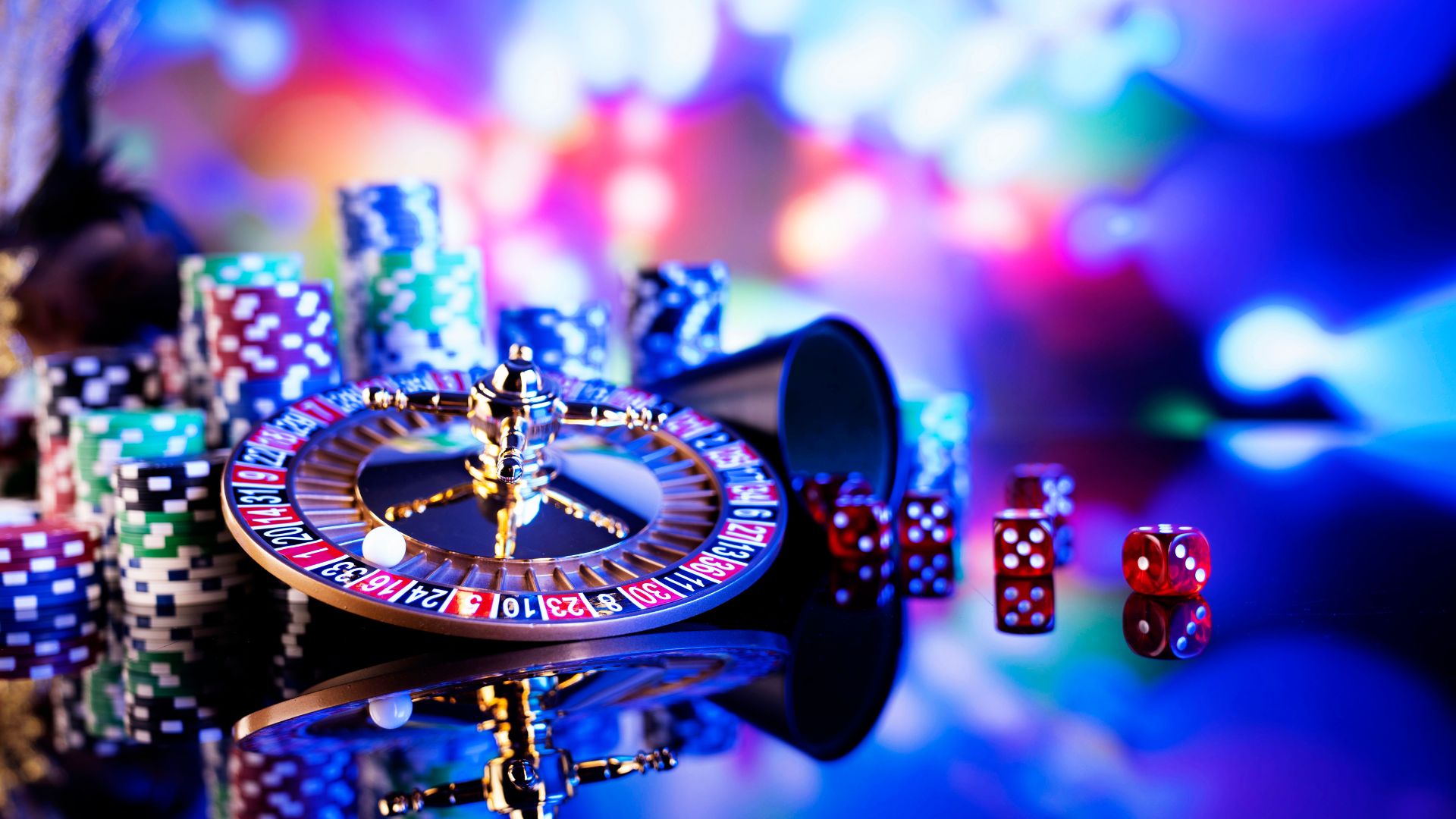
Gambling games have long been an integral part of human culture, providing not just entertainment but a fascinating reflection of our dreams, ambitions, and fears. From the spinning reels of a slot machine to the strategic gameplay of poker, these games embody a spectrum of human emotions and incidents. At their core, casino games are not just a chance to win money; they are a snapshot of life itself, where danger and gain converge and fortunes can change in an instant.
As players convene around tables or sit in front of vibrantly illuminated machines, they engage in a tradition that transcends mere betting. These games mirror our instinctive desires for social interaction, thrill, and the search for fortune. https://goal123.bz/ They also reveal deeper truths about human behavior, such as our relationship with fate and the thrill of risk. In exploring casino games, we reveal not only the rules of play but also the complex weave of the human journey, showcasing our interconnected narratives of hope and reality.
The Mind Behind Gambling
Gambling is deeply rooted in the psyche of individuals, appealing to various feelings and wants. The excitement of taking risks is a core aspect that attracts participants, be it it’s excitement of spinning a roulette or the excitement of drawing a winning hand in a poker game. This adrenaline is frequently likened to other forms of excitement, as the unpredictability of outcomes triggers a distinct psychological response. Gamblers often find themselves entranced by the chance of winning big, leading to an irresistible draw toward gambling games.
Additionally, a crucial component of the psychology behind gambling is the concept of optimism and aspiration. Participants often indulge in dreams of financial freedom and the opulent lifestyle that can accompany winning. This optimism fuels their continued participation in gambling, as it provides a sense of meaning and the belief that a transformative win could be just one wager away. The story of overcoming odds and achieving success resonates with many, strengthening their dedication to play and engage with these games.
Lastly, social aspects play a crucial role in gambling psychology. Gambling venues are designed to foster social interaction, where players gather to share the experience of wins and losses. This shared aspect not only amplifies enjoyment but also influences behavior, as individuals often imitate the actions of others in their vicinity. The social validation found in mutual thrill can enhance the emotional experience, making casino games a mirror of not just personal desires but also collective engagement within the gambling community.
### Risk and Reward: A Double-Edged Sword
Gambling activities embody the fragile balance between risk and gain that resonates profoundly with human psychology. The thrill of placing a bet is often accompanied by a surge of excitement, as gamblers are confronted with the chance of striking it rich, yet cognizant of the possibility to lose. This twofold experience reflects a essential aspect of life: the decisions we face often come with intrinsic risks, and the quest for benefit can compel us to take chances we might not otherwise consider. In this way, gambling activities echo real-world decisions, enticing gamblers to gamble not just their money, but also their dreams.
The allure of jackpot prizes and payouts fuels a wave of hope, inspiring gamblers to imagine a better future that could arise from a lucky spin of the wheel or flip of a card. This optimism can drive individuals to engage in greater risks, urging them to extend their limits in search of monetary success. However, just as in life, the results of these risks can lead to both victory and despair. The stories of both jackpot winners and those who have faced losses everything at the tables demonstrate the unpredictable nature of chance and its consequential repercussions on our lives.
Ultimately, the interaction of engaging with casino games serves as a vivid illustration of the human condition. Every game played is loaded with the tension of ambiguity, as gamblers weigh the gains against the risks. This interaction not only highlights the thrill that comes with betting but also reveals the risks that come with the urge for more. As we journey through the complexities of choice and consequence in both the gambling world and in life, we find that the quest for gain shapes our identities and experiences in profound ways.
Culture and Loneliness in Casino Environment
Gambling culture is a special combination of social engagement and personal pursuit, reflecting the dualities of individual experience. Gamblers often gather around games, experiencing in the excitement of the action, celebrating wins, and sympathizing over losses. This social aspect is vital, as it creates a sense of belonging and bonding among varied groups of people. Regular visitors to casinos may form friendships and establish routines, turning the casino into a alternative home where they experience linked to a greater community of players.
However, the allure of gambling games can also result to loneliness. As individuals become engrossed in the thrill of playing, they may withdraw from personal connections or fail to interact with the world outside the gaming space. For some, the search of a jackpot can overshadow real relationships, leading to loneliness. The situation of being among others yet experiencing solitary is not uncommon, as the focus shifts from collective fun to the individual concerns of each individual’s path.
This interplay of society and isolation creates a vivid tapestry that defines casino culture. It showcases the intricacy of human interactions, where joy and sorrow coexist. Gambling venues serve as both a sanctuary for social interaction and a platform for individual challenges, illustrating how deeply connected our yearning for connection and the personal quest for fortune can be. In navigating this landscape, gamblers confront their own stories—seeking both the thrill of the game and the fellowship of other players, eventually mirroring the broader spectrum of human experience.